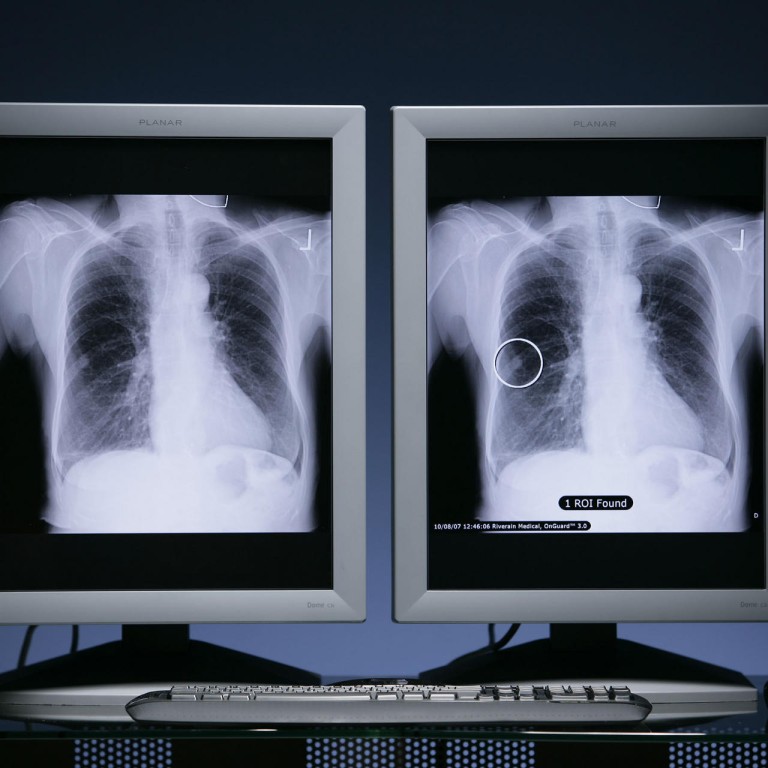
Chemical use to line cans of food ruled safe by EU
Japanese scientists have launched a project to find patients with a rare type of lung cancer for tests on a drug that may be effective in fighting it.
The smallest critters who occupy the bottom of the cold, clear waters of Lake Tahoe in the US state of Nevada are dying at an alarming rate. Scientists are trying to find the cause to protect the fragile ecosystem of the lake high in the Sierra Nevada range. "Big changes are occurring at the bottom of the lake," said University of Nevada scientist and associate professor Sudeep Chandra. The findings, which are still being reviewed, are the latest cause for concern for the nation's second-deepest lake. Lake Tahoe is a tourist draw with breathtaking beauty, but has long faced environmental damage from development, boats and invasive species. Scuba divers completed a first-ever circumnavigation of the shallow areas and certain deep spots last fall, collecting data that showed population drops in eight kinds of invertebrates that are only thumbnail-sized and smaller, including some only found in Lake Tahoe. Reuters
Japanese scientists have launched a project to find patients with a rare type of lung cancer for tests on a drug that may be effective in fighting it. The National Cancer Centre will test the drug for the rare cancer, which is caused by a genetic anomaly that occurs when a gene called 'ret proto-oncogene" or RET, fuses with another gene. The RET fusion gene is found in 1 per cent to 2 per cent of adenocarcinoma, the most common lung cancer. Kyoto
The European Union's food safety watchdog has announced that bisphenol A, a chemical used in food can linings and other products, poses no health risk to consumers. But it also slashed recommended exposure levels to the compound as tests to detect it become more refined. "BPA poses no health risk to consumers because current exposure to the chemical is too low to cause harm," the European Food Safety Authority said. The authority said its conclusions applied to all age groups, including unborn children, infants and adolescents. AFP
